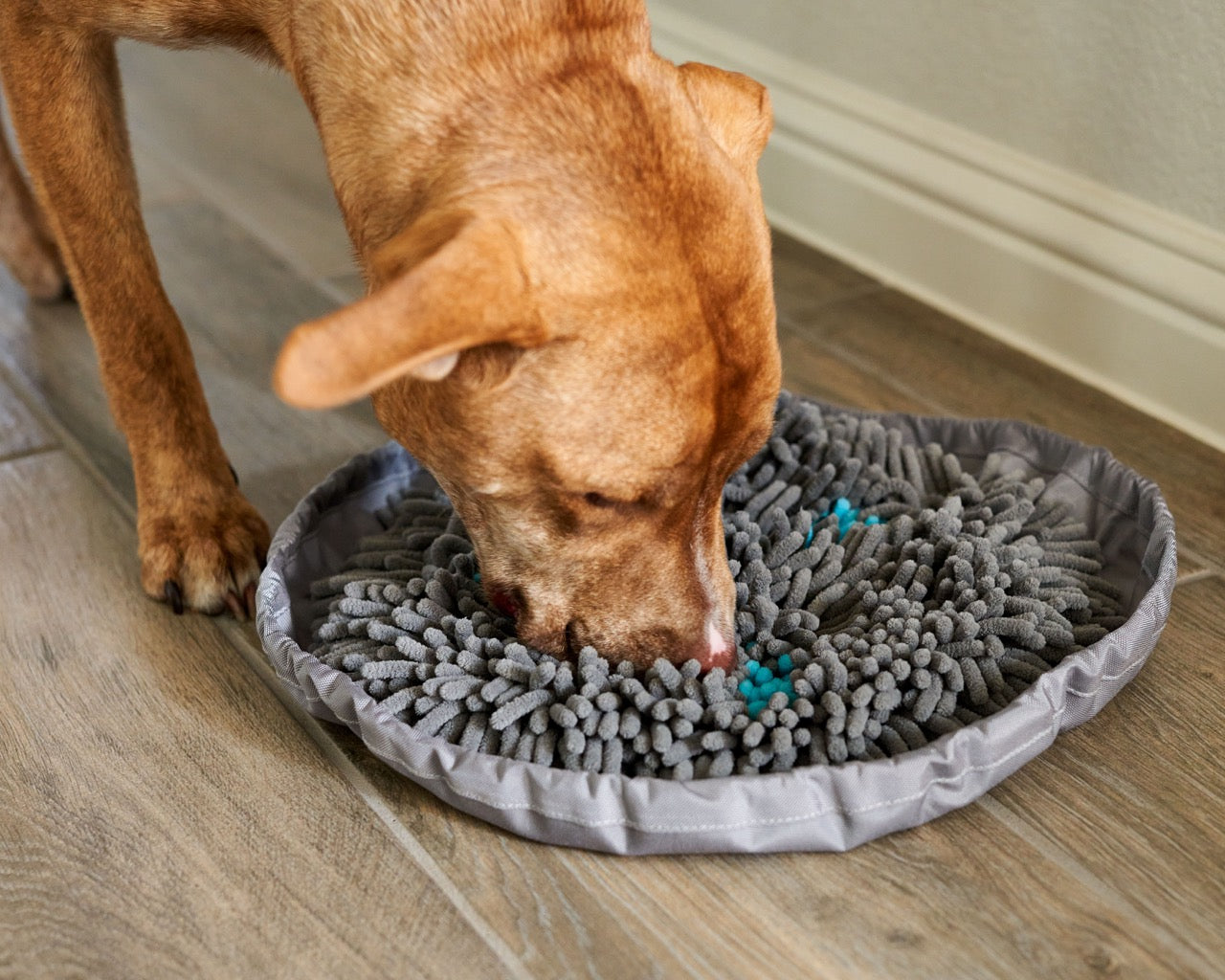Yep, mental illnesses in dogs is possible. These mental illnesses can be Post Traumatic Stress Disorder, depression, anxiety, and a lot more. Mental illnesses may be the cause of your dog's unruly behavior like aggressiveness and inappropriate peeing and pooping.
The experiences and adventures our fur babies go through shapes them into who they are. Positive experiences better them while the negative ones can either better them, too, or cause them undesirable behaviors, trauma and mental illnesses.
Your dog may be showing symptoms of one of these mental illnesses in dogs and you are unaware of it. So here, we've come up with a list of common canine mental illnesses your dog may experience and how you can do something about it.
"Separation anxiety may cause your dog to tear and excessively chew on furniture and belongings in your house."
Post-Traumatic Stress Disorder
Post-Traumatic Stress Disorder (PTSD) happens after a fur-baby experiences a traumatic event. These traumatic experiences may include attack by other dogs, abuse, accidents & injuries.
Anxiety
There are many kinds of canine anxiety but one of the most common is separation anxiety. This happens to your fur-baby whenever you leave home because there is no way for them to tell when you're coming home. They don't like that and they begin to panic. Separation anxiety may cause your dog to tear and excessively chew on furniture and belongings in your house.

Another common canine anxiety is social anxiety. Social anxiety is felt by dogs who are either scared or angry at humans or with other dogs and animals. This anxiety can be caused by the lack of love and care received. Most dogs with social anxiety are dogs from puppy mills, stray dogs and dogs at home that were only kept in cages and never given the chance to go out, play and socialize.
There is also noise anxiety. According to Prudent Pet, loud noises can be startling, especially to dogs as they do not understand what these noises are or the context of them. Dogs who struggle with loud noise anxiety may also have similar symptoms to separation and social anxieties. A sudden change in behavior and exhibition of fear when thunderstorms, fireworks, or other loud noises are happening is a clear sign your dog is anxious from noise.
Symptoms of dogs with anxiety may include:
- Shaking
- Hiding in tight spaces
- Attempting to escape
- Compulsive licking and grooming
- Self-injury
- Diarrhea or vomiting
- Reduced activity
- Destructive behavior
- Aggressiveness
- Decrease or loss of appetite
Depression
Yep, there is dog depression, too, but it's quite different than human depression. While humans somehow cope up with routine changes, new people, etc., dogs don't cope up well with it. They prefer consistency and whenever their routine changes, or whenever they meet a new family member or transferred to a new home or loses a friend (human or animal), they feel a little blue for some time and if not managed well, they can completely shut themselves off.
How To Deal With It
Most cases of mental illnesses in dogs can take up to a few years if not properly managed and addressed. Your fur-baby can't do it alone. That's why here are few things you can do as a pet parent to speed up your dog's recovery .
Learn to recognize the signs. This is the primary step. When you notice a major change in your dog's life like loss of appetite, no desire to go outside and do the things he loved once, always uneasy and changes his daily routine, schedule a veterinary appointment asap. The signs may not be as obvious that's why you have to keep a very close eye on your dog.
Exercise. A dog doing literally nothing can result to a worsen case of mental illness that's why your dogs must have to keep moving. Exercise serves as a bonding activity between you and your dog. It can also help your dog become relaxed and calm for a few hours. Exercises can include walking, running, swimming, playing fetch, and more. If your pup is a senior, hip and joint supplements may help with mobility support.
Provide mental enrichment. Enrichment can be in forms like walking, going to the park, playing games, socializing with other dogs and people, and many more. A dog with a mental illness feels bored most of the times and these enrichment activities can help him big time. Encourage activities your dog enjoys.

The Forager® Bowl and Forager® Mat are great ways to provide your furbaby with the mental stimulation they need. Forager® combines the mental stimulation of a snuffle mat, along with the health benefits of a slow feeder into one interactive eating experience. The changing landscape of Forager® stimulates most of their senses without causing any irritations. It is machine washable, making cleanup simple and easy.
You may provide your furbaby with Gnawtlers®. These are premium elk and deer antler chews for dogs that provide physical and mental stimulation. Gnawtlers® are dog antler chews that are naturally shed, Grade A antlers, and do not break or splinter easily. They are packed with nutrients and odor free!
Wear dog diapers or belly bands. Anxious dogs can be more prone to accidents. If your dog has a tendency to pee and poop in inappropriate spaces around your home, consider introducing dog diapers or belly bands to help prevent any messy cleanups.
Provide calming supplements. Calming supplements help relieves dog anxiety, helps reduce stress and anxiety, and helps promote comfort and relaxation. Calming supplements are a natural calming aid that help provide anxiety relief for your dog.
Mental illnesses in dogs is something you should never take for granted as it prevents your dog from having a quality of life he deserves. Just remember that as a pet parent, it is your responsibility to keep him healthy both physically and mentally for that happy and healthy life ahead.









